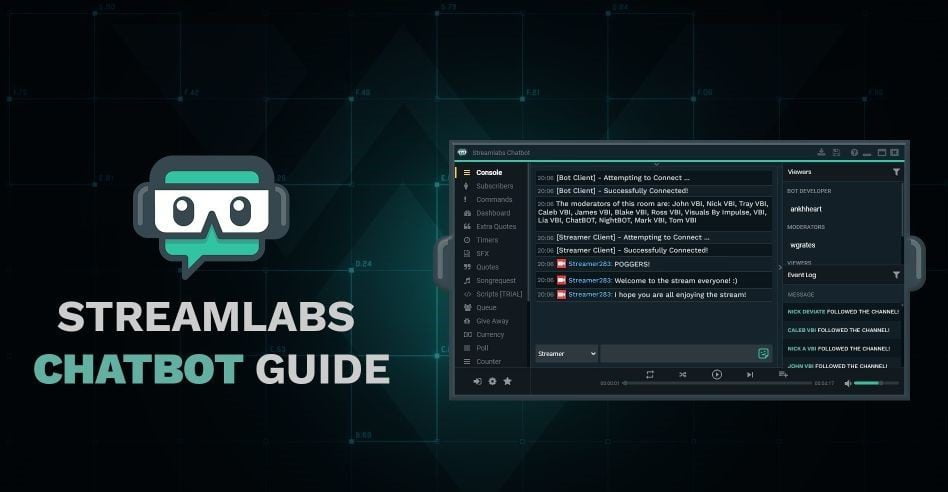
Java, the default language for Android development does not need much of an introduction.
Kotlin on the other hand (1.0) was released in February 2016 by software firm JetBrains. However, the powerful, modern language won the confidence of developers in May 2017 when Google added it as one of its official programming languages for its Android OS. Now that developers have another powerful alternative to Java, the question is, will everyone embrace it?
Kotlin is designed for JavaScript and Java Virtual Machine. It claims to offer better versatility, interoperability, and clarity due to its features. The programming language provides an enhanced coding experience due to its solutions for drawbacks that developers face while using Java. The language’s readable syntax means developers need to write less code. It also supports mix-ins, extension functions, as well as variable-type interfaces and closures.
But, the open-source libraries and tools offered by Java remain missing in Kotlin. There are several other factors to be considered as well.
Lesser support
Android Studio offers tools and support for Kotlin users. However, the language is still emerging and has a smaller community. Thus, the overall, support, documentation, blogs, and tutorials available for Kotlin developers is lesser compared to Java which has a highly active developers’ community around the world.
Larger size for .apk file
Developers who work on Kotlin have confirmed that on average, they noticed an 800 KB – 1 MB increase in the .apk file size. The point can be a cause of concern for developers who develop Android applications that already have a large size.
Unfortunately, downloading heavy apps is still something that every smartphone user wishes to avoid. The issue is one of the complex problems that are holding Kotlin back as per experts.
App build speed
App building time is crucial for every firm that offers Android Application Development Services.
Most of the studies point out that Java leads the race when it comes to separating or assembling large applications. Java also scores better when it comes to the compilation speeds for full builds. Tests suggest Java is 13 percent faster than its new competitor. But when it comes to incremental or partial builds, the rate can be almost similar.
A complete shift to Kotlin without experienced developers can cause trouble
Kotlin is still unstable and evolving. Several performance regressions might be detected during the coming years. Of course, they would be fixed with updates, but that may affect projects, and result in wastage of several working hours. The platform volatility factor may end up wasting much more time and effort compared to what it can save in app build speed.
The interoperability factor in Kotlin and Java files does make things easy for developers who work for the first time on the language developed by JetBrains. However, experts suggest developers need to have ample experience in working with the new language before creating a new application. The Smartphone App Development team working on Kotlin needs to have the necessary knowledge about the tools and frameworks to avoid a massive loss of staff hours for the Android App Development Company.








